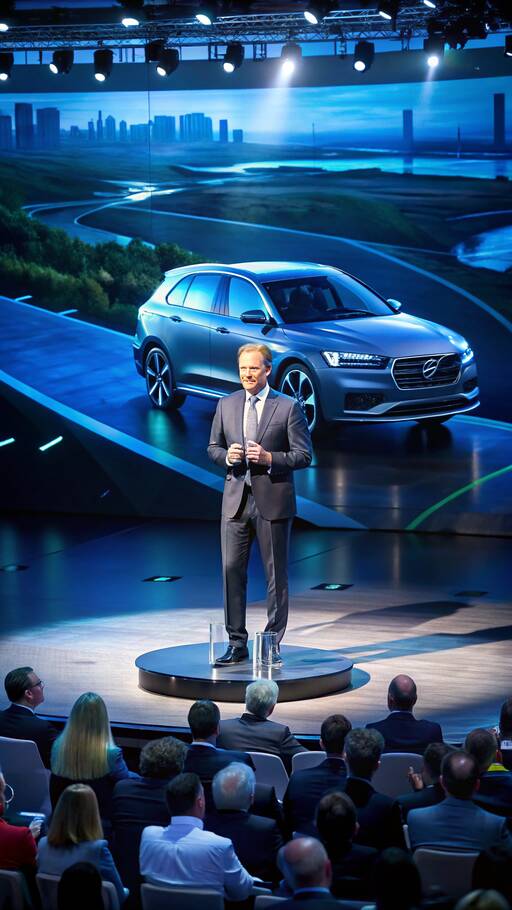
Volvo's CEO, Håkan Samuelsson, spoke at the Financial Times Future of the Car Summit 2025 to reaffirm Volvo's commitment to electric vehicles (EVs) and announce a strategic shift in manufacturing. At the heart of this strategy is Volvo's Ridgeville, South Carolina plant, which will produce hybrid XC60 SUVs alongside the electric EX90, despite recent job reductions.
To maximize the Ridgeville facility's potential, Volvo plans to introduce another model, likely the best-selling XC60. “We need another car to fill the capacity,” said Samuelsson, noting the XC60's strong U.S. sales of 38,892 units in 2024. This model will meet the American market's demand for mid-size vehicles.
Volvo's strategy mirrors a broader trend toward regionalization—shortening supply lines and adapting to local market needs. By localizing production, Volvo aims to enhance its brand's agility and delivery times in the U.S. With the XC60 already produced in Sweden and China, its manufacturing footprint will expand further.
Volvo's Chinese operations will gain greater independence to tailor vehicles to local preferences, supporting their strategy to foster growth in both China and the U.S. This approach allows for swift adaptation to market conditions, complemented by European production as a third pillar.
Samuelsson is optimistic about navigating current trade tensions, emphasizing the need for fair trade renegotiation amidst new tariffs. He highlights the disparity between European and U.S. vehicle tariffs, advocating for balanced trade relations.
Volvo’s ownership by China's Geely raises governance questions, but Samuelsson underscores its Swedish roots and long-standing U.S. presence. With a robust dealer network and a history of market activity, Volvo remains confident about its American future.
Despite ambitions to become an all-EV brand by 2030, Volvo acknowledges the slower-than-expected EV adoption. Samuelsson views this not as a setback but as an opportunity, with plug-in hybrids bridging the transitional phase and supporting the EV strategy.
Volvo is adapting its manufacturing strategy in response to global trade dynamics and evolving market conditions. By expanding production at its South Carolina plant and embracing regionalization, the automaker aims to strengthen its position in key markets in China, Europe, and the U.S., all while maintaining a focus on hybrid and electric vehicles.